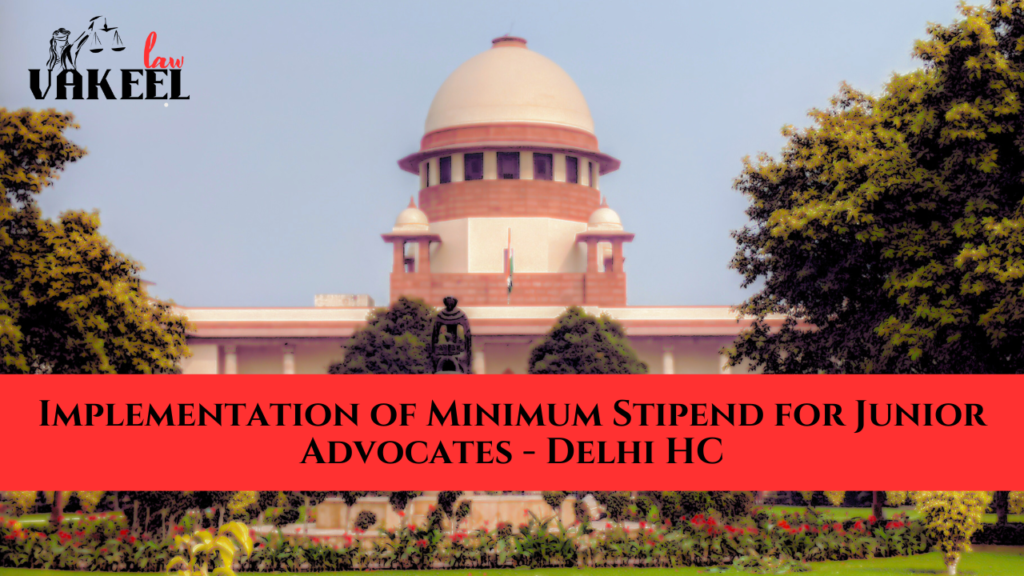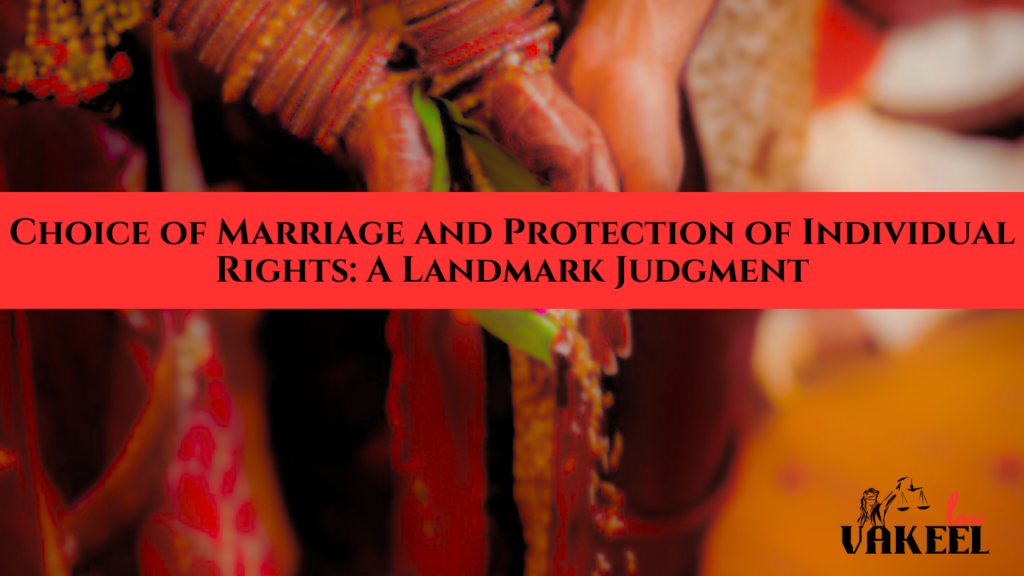Introduction to Intellectual Property Rights (IPR)
Intellectual Property Rights (IPR) cover creations resulting from human intellect, including inventions, literary works, artistic creations, designs, and symbols or images used in commerce. Various laws like patents, copyrights, trademarks, and design laws protect intellectual property. This protection ensures that creators are recognized for their work and receive financial benefits, promoting innovation while balancing the interests of creators and the public.
The main objective of intellectual property law is to encourage the creation of intellectual properties by granting individuals and businesses exclusive rights to the information and intellectual goods they create, typically for a limited period.
What is Compulsory Licensing?
A compulsory license is granted by the controller of patents, allowing a third party to use a registered patent without the consent of the patent holder. Essentially, it is an involuntary contract imposed by law between a willing buyer and an unwilling seller. The purpose behind compulsory licensing is to make patented products, especially pharmaceutical products, more accessible to the public. This provision helps strike a balance between the availability of existing drugs and the promotion of research into new medicines.
The Trade-Related Aspects of Intellectual Property Rights (TRIPS) Agreement allows for compulsory licensing, which led to amendments in India’s Patent and Copyright Laws. Although the term “compulsory licensing” is not explicitly mentioned in the TRIPS Agreement, Article 31 uses the phrase “other use without authorization of the right holder.”
Grounds for Granting a Compulsory License in Patents
Under Section 84 of the Indian Patent Act, 1970, any interested person can apply for a compulsory license three years after the grant of the patent on any of the following grounds:
- The reasonable requirements of the public with respect to the patented invention have not been satisfied.
- The patented invention is not available to the public at a reasonably affordable price.
- The patented invention is not being worked in the territory of India.
In addition to these rights, a licensee can institute proceedings against infringement while using the patented invention under the terms of the license. Compulsory licensing prevents the abuse of patents as monopolies, ensuring commercial exploitation of the invention.
What Are Reasonable Requirements?
The reasonable requirements of the public may not be satisfied due to:
- Refusal by the patentee to grant licenses on reasonable terms, causing:
- Prejudice to existing or new trade/industry in India.
- Inadequate supply of the patented article at reasonable terms.
- Failure to supply a market for the export of the patented article.
- Hindrance in the establishment or development of commercial activities.
- Conditions imposed by the patentee, prejudicing the manufacture, use, or sale of materials not protected by the patent, or the establishment of any trade or industry in India.
- Lack of commercial-scale working of the patented invention in India.
- Substantial importation of the patented article into India by the patentee or others instead of manufacturing within the country.
Factors Considered While Granting a Compulsory License
When reviewing an application for a compulsory license, the Controller of Patents considers the following factors:
- The nature of the invention and the time elapsed since the patent was sealed.
- The applicant’s ability to work the invention to public advantage.
- The applicant’s capacity to bear the risk in providing capital and working the invention.
- Whether the applicant made efforts to obtain a license from the patentee on reasonable terms, which have been unsuccessful for a reasonable period.
In cases of national emergency, extreme urgency, public non-commercial use, or anti-competitive practices by the patentee, some of these factors may not be required.
Terms and Conditions of Compulsory Licensing
The following terms and conditions govern the grant of a compulsory license:
- The royalty to be paid should be reasonable, considering the invention’s nature and the expenses incurred by the patentee.
- The patented invention should be worked to the fullest extent by the licensee, ensuring reasonable profit.
- The patented article must be made available to the public at a reasonable price.
- The license is non-exclusive.
- The licensee’s rights are non-assignable.
- The license is valid for the remaining term of the patent unless a shorter term aligns with public interest.
- The license’s predominant purpose is to supply the Indian market, though export is permitted under specific conditions.
- For semiconductor technology, the license is for public non-commercial use.
- If the license is granted to address anti-competitive practices, the licensee may export the patented product.
Credits – Abhishek Shaw – 9th semester, Surendranath Law College
Refer to this document:




